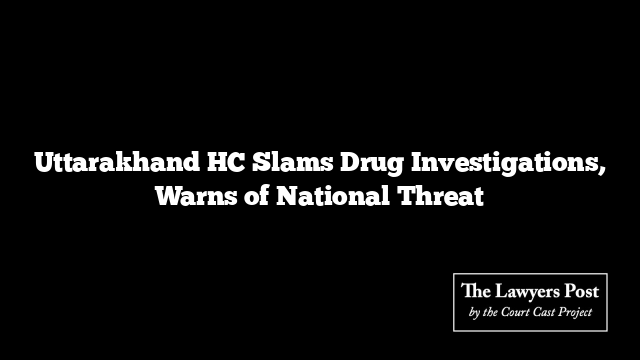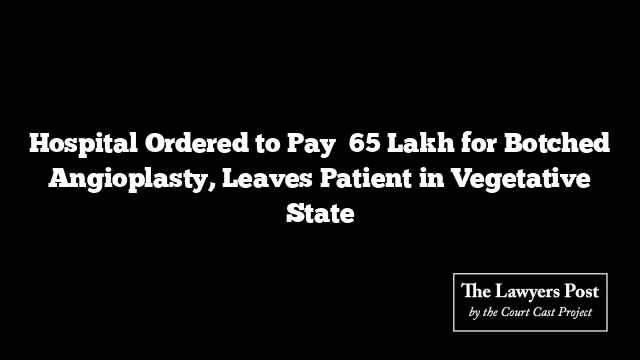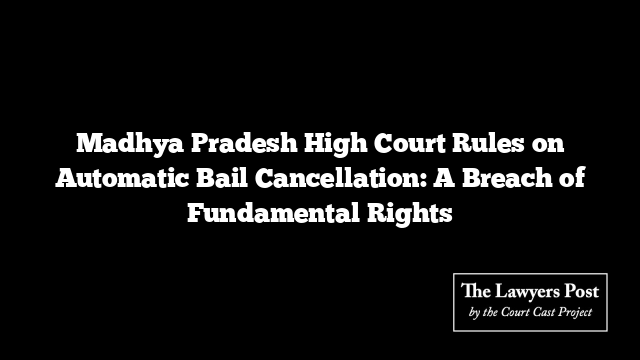In a scathing critique, the Uttarakhand High Court recently highlighted a grave threat facing India: the infiltration of drug cartels backed by hostile forces, aimed at destabilizing the nation. Justice Vivek Bharti Sharma delivered a pointed observation, stating that these cartels, supported by international networks and disruptive elements, are waging a drug war with the ultimate goal of fragmenting India.
“It is well-known that India is grappling with one of its greatest challenges—illicit drug trafficking. The cartels not only have a vast international network but also receive support from forces intent on causing harm to the country. This war of drugs, launched by those with sinister motives, is an effort to balkanize India,” remarked the Court.
Adding to the concern, the Court noted the Narcotics Control Bureau of India’s warnings about the increasing use of technology by drug traffickers. These criminals are leveraging the darknet for drug sales and deploying drones to transport contraband across borders, making law enforcement’s job even more challenging.
Despite these dire circumstances, the Court expressed serious concern over the subpar quality of investigations under the Narcotic Drugs and Psychotropic Substances (NDPS) Act. The Court criticized the investigations as “unprofessional and faulty,” leading to the acquittal of individuals accused of serious crimes. “This is not just unfortunate—it’s dangerous. Such acquittals embolden those who evade justice and weaken the deterrent power of punitive laws,” the Court observed.
To counteract this, the Court stressed the need for better training for police investigators, recommending refresher courses and specialized training sessions to ensure that investigations are conducted with the required diligence.
These remarks were made during the hearing of a bail plea by a man convicted under the NDPS Act and sentenced to five years of rigorous imprisonment. His counsel pointed out significant inconsistencies in witness statements and a failure to present crucial evidence during the trial. Additionally, the investigation was marred by non-compliance with mandatory statutory provisions, further weakening the prosecution’s case.
In a notable admission, the State’s counsel conceded that two key witnesses—police constables—were omitted from the list, and there was no effort made by the prosecution to summon them. The Court did not shy away from criticizing the investigative process, stating that the Investigating Officer and the Government Counsel failed in their duties, and even the Trial Court neglected to summon these witnesses.
Given the circumstances, the Court granted bail to the appellant, ordering his release on furnishing a bond of ₹250,000 with two sureties of the same amount.
The Court underscored the importance of meticulous investigations in all criminal matters, especially drug-related cases, urging strict adherence to statutory provisions. The Court directed that a copy of its order be circulated to all courts in the State and forwarded to the Uttarakhand Judicial and Legal Academy to incorporate these directives into training programs for judges.
Justice Sharma emphasized that this was not merely a suggestion but a pressing need. He ordered that the observations be communicated to the Director General of Police, Uttarakhand, with instructions to organize a two-day training session for officers involved in NDPS Act investigations, in coordination with the Narcotic Control Bureau and the Uttarakhand Judicial and Legal Academy.
The case is scheduled for its next hearing on December 17.





